History of Hachimantai
A city leading the way in sustainable living
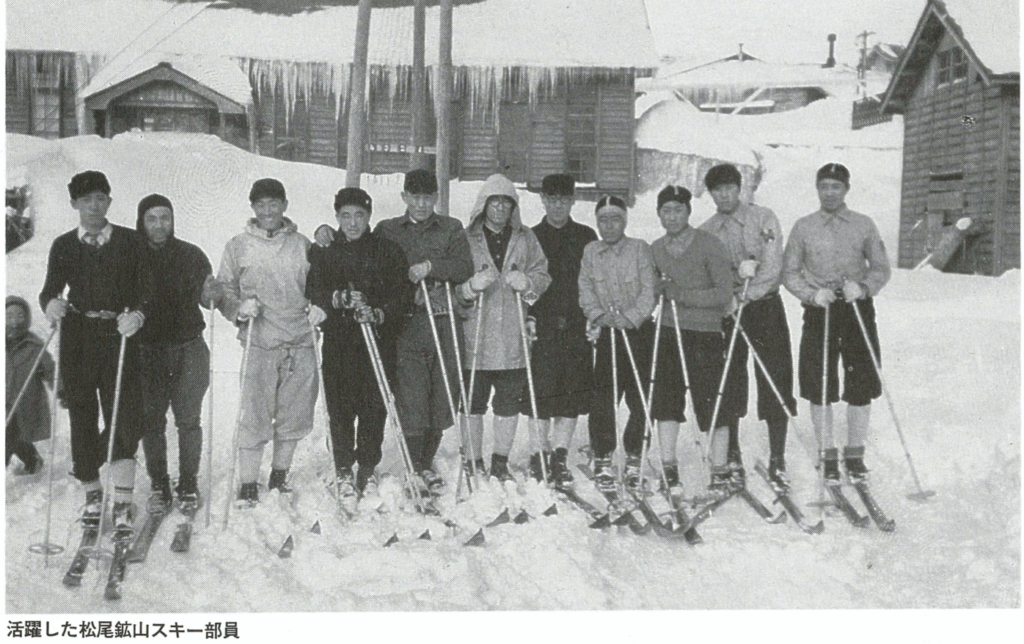
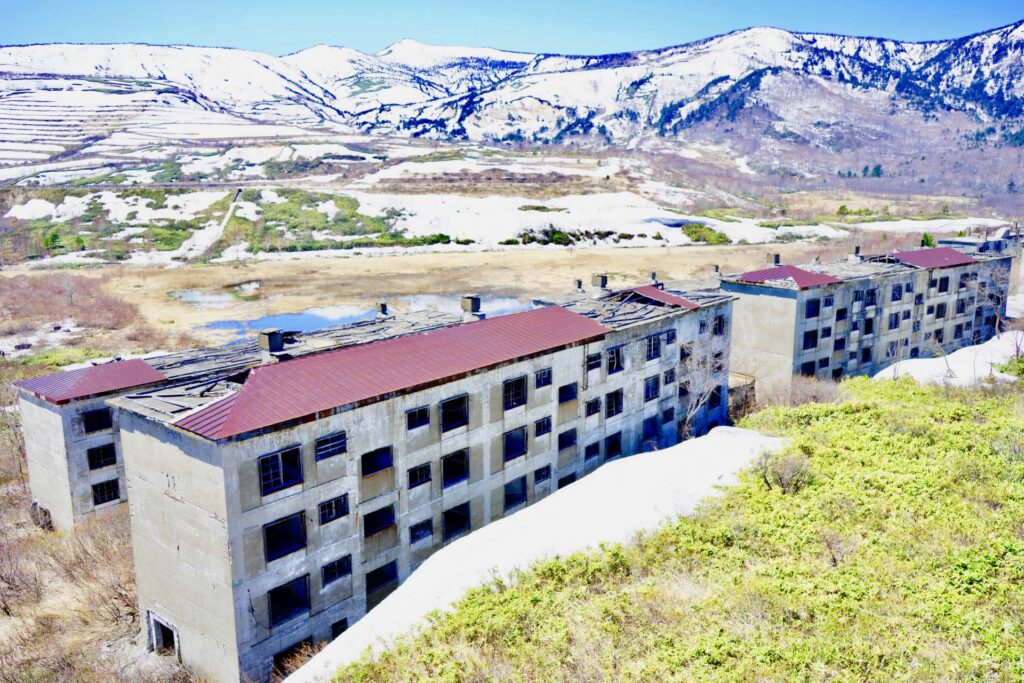
Around 1955 (Showa 30), as the mining boom began to wane, plans were underway to build a new resort facility, anticipating future growth in tourism demand. Initial drilling targeted the Matsukawa Onsen area. Of the four wells drilled, only one yielded hot spring water. The other three produced not hot springs, but high-quality steam.
Japan was in the midst of its period of rapid economic growth. Electrical appliances were beginning to spread into ordinary households, and demand for a stable power supply was rising. Led by the then-mayor of Matsuo Village, who wondered if steam could be used for power generation, surveys and excavation work proceeded in collaboration with academic institutions and others.
In 1966 (Showa 41), Japan's first geothermal power plant, the Matsukawa Geothermal Power Plant, began operations. Harnessing geothermal steam—a natural, clean energy source from the earth—and employing the most advanced science of its time, the Matsukawa Geothermal Power Plant continues to generate geothermal energy today (as of 2021), more than 50 years later.
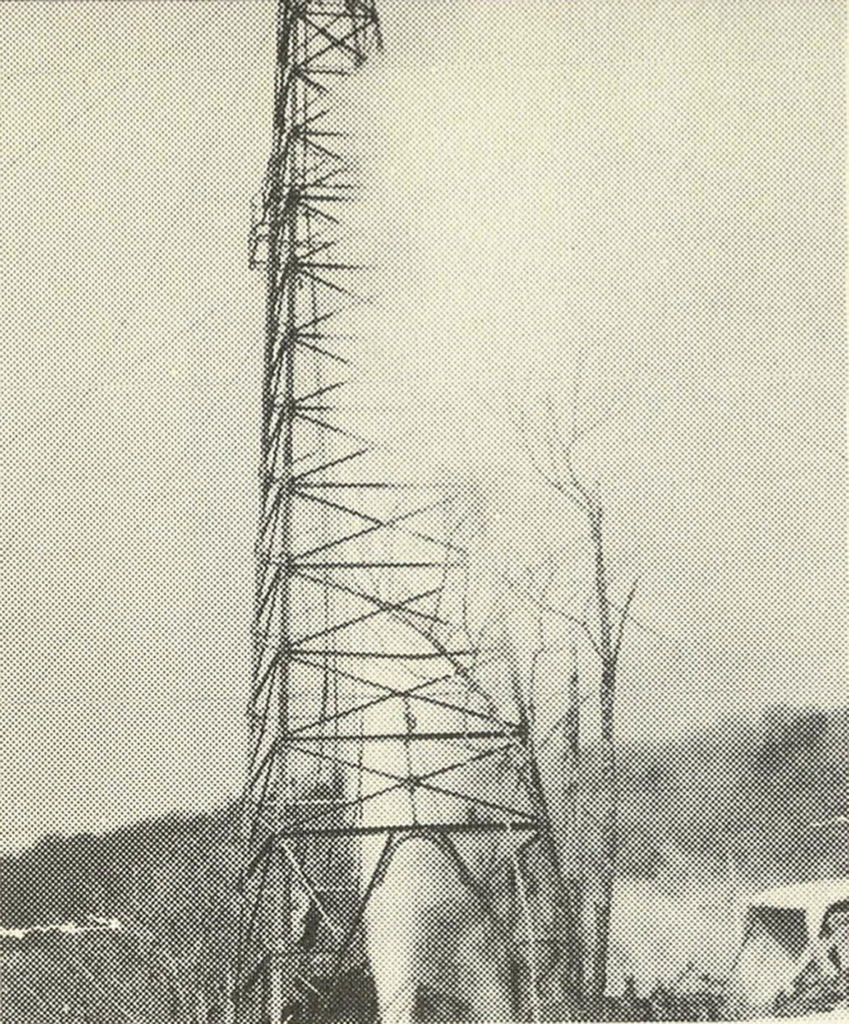
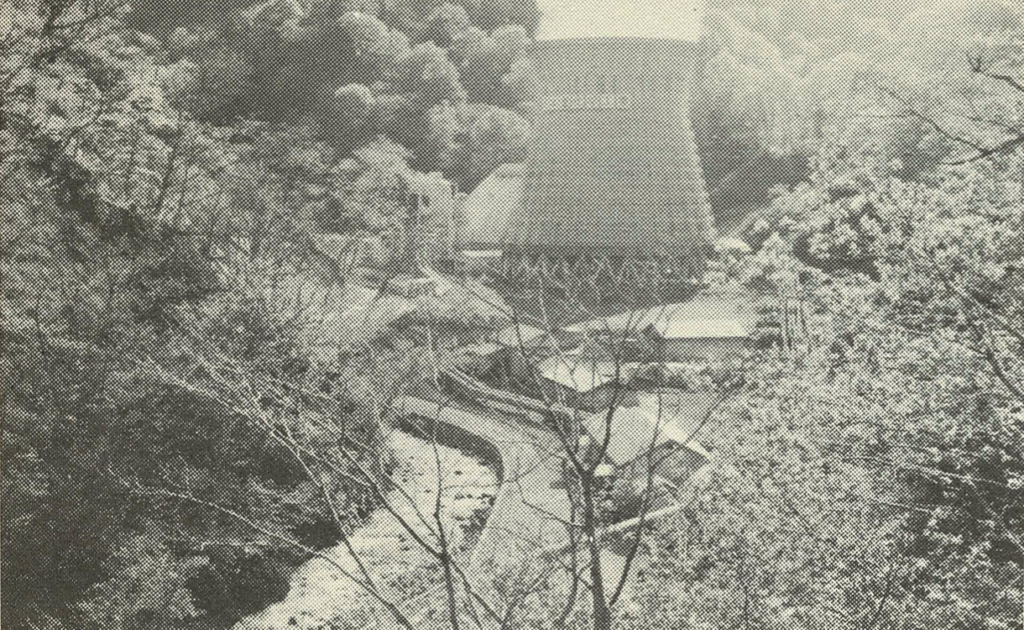
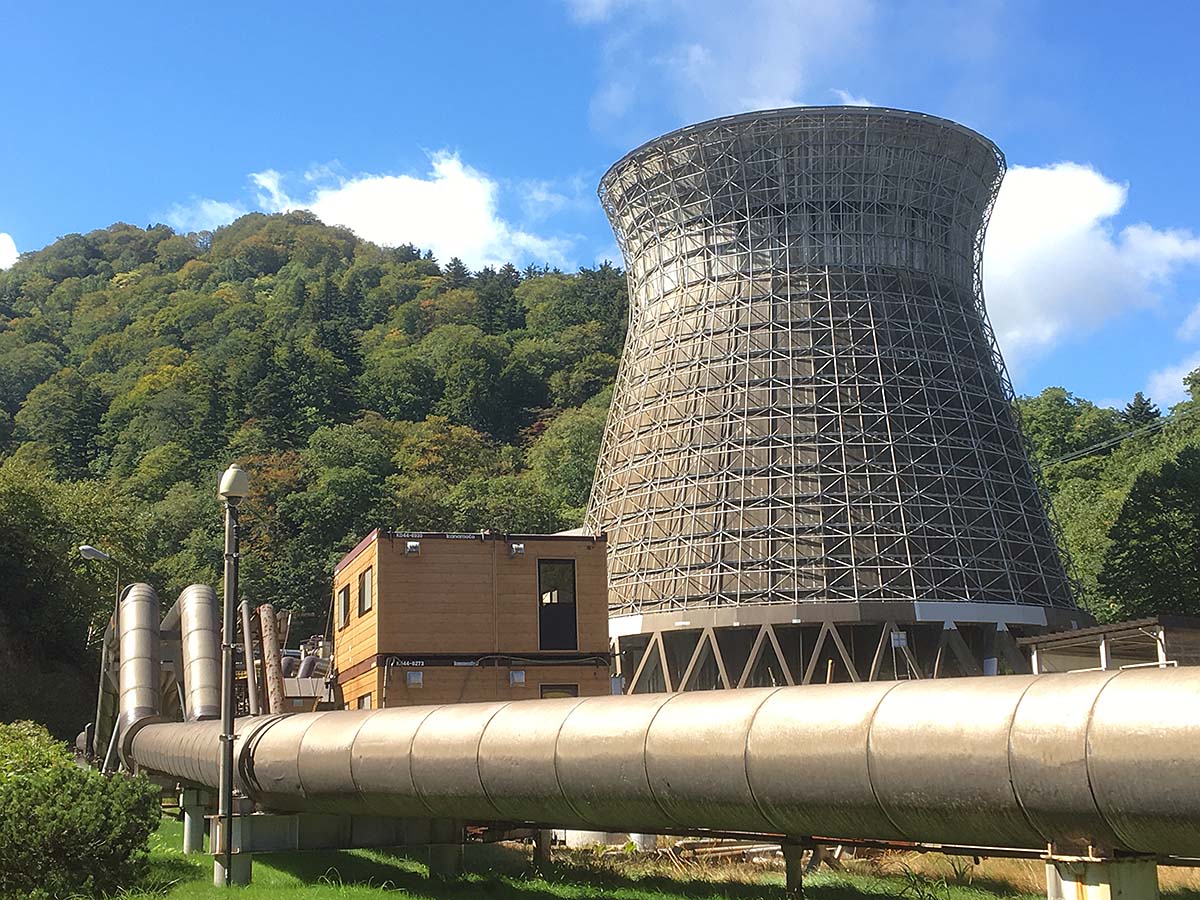
In the 1970s, hot water was successfully piped over a 6-kilometer stretch from the Matsukawa Geothermal Power Plant. Starting with the opening of Hachimantai Heights as a resort facility utilizing the high-quality hot spring water, hotels and inns were built one after another. This marked the birth of the Hachimantai Hot Springs Resort, greatly boosting the tourism industry.
In January 2019, the city's second geothermal power plant, the Matsuo Hachimantai Geothermal Power Plant, commenced full-scale operations. Furthermore, a survey by NEDO (New Energy and Industrial Technology Development Organization) confirmed the presence of promising geothermal resources beneath the Appi area, and construction is underway on the city's third geothermal power plant, the Appi Geothermal Power Plant.
Abundant geothermal energy is a gift from the Earth. Today, Hachimantai City utilizes geothermal resources not only for power generation but also for industry and agriculture, earning recognition as a community realizing sustainable living. Throughout the city, you can witness the earth's energy being harnessed in various ways: basil cultivation using the latest IoT technology and geothermal hot water, and geothermal steam dyeing that leverages the decolorizing properties of geothermal steam.



